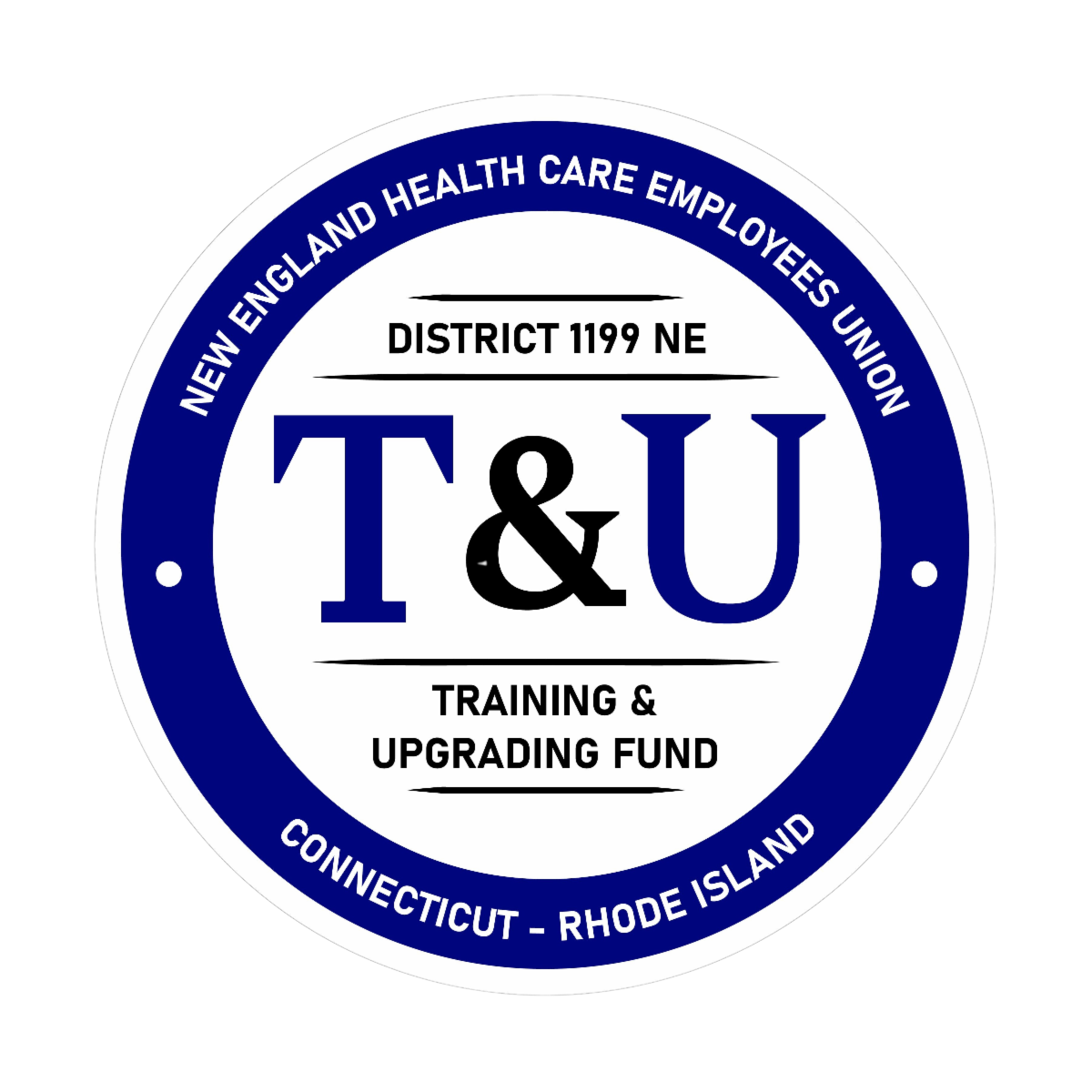PCA Voluntary Trainings
At the start of the COVID-19 pandemic, all orientations and voluntary trainings were put on hold and the Training Fund temporarily closed its doors in March 2020. When the Training Fund reopened in August 2020, full priority was given to the Mandatory PCA New Hire Orientations.
As of September 6, 2022, the Voluntary Training Program resumed. Below is a listing of our current courses.

Care for the Caregiver Series
(virtual, 2-hour sessions)
Trained by Transformative Leadership Strategies
Navigating Change & Building Resilience through Self-Care
Participants will explore ways to practice self-care during times of change and learn strategies for creating habits of resilience. Building mental and emotional reserves of energy to utilize during times of transition will also be discussed.
Finding Calm in the Chaos: Decreasing Stress through Mindfulness
Participants will explore the connection between how worry creates a feeling of anxiety in the body and how to begin to shift negative thinking patterns through mindful attention and intention. They will also practice various centering and breathing exercises to deepen their awareness of how to create a sense of calm and peacefulness in their body, mind and heart. No prior experience in mindfulness practice is required.
Emotional Intelligence: Leading with Your Head and Your Heart
Participants will be supported in their ability to rationally make decisions while balancing the impact that positive and negative emotions can have on focus, energy and productivity. Strategies for addressing anxiety, fear, and overwhelm will be shared. Self-management techniques and interpersonal skills will be explored to strengthen one’s ability to cultivate meaningful relationships and decrease conflict with others.
***Participants do not have to take all Care for the Caregiver classes or take them in any particular order.***
Best Practice in Dementia Care
(virtual, 4-hour sessions)
Trained by The Alzheimer's Association - CT Chapter
The Alzheimer's Association Connecticut Chapter presents "Best Practices in Dementia Care" a 4-hour training detailing how to care for those with dementia.
Borrow My Glasses Courses
(virtual, 2-hour sessions)
Trained by Borrow My Glasses
Home Design Decisions that Improve Life for People with Dementia
Life can be easier or harder for people with dementia and for their caregivers based on the way space is set up inside and outside of the home. Join us for a photographic home tour sharing simple ideas to make the physical environment easier to navigate for people with Alzheimer's disease.
Successful Communication Given Alzheimer’s Logic
Changes in communication patterns can frustrate both individuals with Alzheimer's and the people around them. However, there's often more logic than it would first appear. This workshop is set in habilitation model of dementia care. It will help you crack the code in early to mid-stages of the illness, so you can continue to connect in meaningful and enriching ways.
Bringing Generations Together
Despite the myth of heightened competition between generations, interdependence and interest in more connection are often the reality. How can we engage people of varying ages to foster creative partnerships, build relationships and address community needs? During this program we will: Review the impact on families- from grandparents raising grandchildren to families looking to bridge a geographical distance from their relatives; Explore successful projects from around the country (and close to home) that build friendship and understanding as well as meeting the needs of young and old; Learn about artistic and memoir collaborations, successful models for mentoring and tutoring as well as ways of working together for better communities; Share local examples of improving life through generational solidarity. Examining real world examples will prepare you to expand intergenerational programs in your own community and organization.
Compassionate Communication with Older Adults
Compassionate communication combines what we say, how we say it, and what we communicate when we interact with consumers. The way we communicate with consumers says a lot about how we view them and who we are as an organization. Join us for a workshop that will help staff to: Approach communication with empathy; Communicate with visually- and hearing-impaired elders; Communicate on multiple levels; Listen for and address more than the simple task at hand.
Living with Palliative Care: Joan's Story
Palliative Care is surrounded by many misconceptions. With greater knowledge, patients and families could benefit from palliative care and healthcare professionals could use it to support patients with serious illness. Join us to learn more about palliative care, including how it differs from hospice and how it can benefit patients facing serious illness. See video clips from a documentary film and education program called Living With Palliative Care, which shows how one 85-year-old woman’s end-of-life journey was transformed by palliative care.
Join us to: Define palliative care and distinguish it from hospice; Outline a generalist level of palliative care knowledge; Demonstrate palliative care through an in-depth video-based case study; Discuss the benefits of choosing palliative care to address serious illness
Supporting LGBTQ Individuals with Dementia
While everyone with dementia experiences vulnerability, it can be even more complex for individuals who identify as LGBTQ, especially as care needs escalate. The number of people living with dementia and the number of people who identify as LGBTQ are both growing rapidly. Aging services professionals of all levels and roles will benefit from greater cultural competence in recognizing and anticipating issues to provide more dignified care to LGBTQ individuals living with dementia.
Join us to: Recognize specific issues people who identify as LGBTQ can face throughout dementia; Utilize case studies to describe the impact of stigma; Discuss implications for practice and policy to reduce discrimination and promote more dignified dementia care
Live in Their World, Enrich Their Life - Caring for People with Dementia
This workshop will take you from theory to practice. We’ll examine two key tenets of the Habilitation model of dementia care: 1) Live in the Person’s World and 2) Enrich the Person’s Life. Understanding the theory and spending time practicing it in our safe workshop space will boost your skills and your confidence to provide quality care to people living with dementia and others with cognitive impairments. If you care for a person living with dementia, or you would like to learn more about dementia, this class is for you.
Join us to: Examine two tenets of the Habilitation model of dementia care; Apply the strategies to case scenarios; Explain the value of utilizing Habilitation strategies in home-based care settings
***Participants do not have to take all Borrow My Glasses classes or take them in any particular order.***


